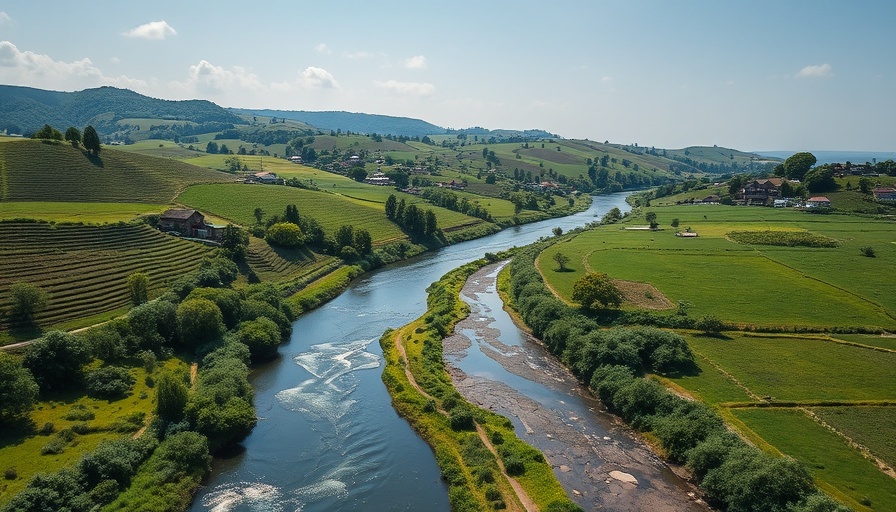
The Economic Case for Climate Action: A Positive Outlook
As the world grapples with the impacts of climate change, new research sheds light on a hopeful narrative: addressing the climate crisis could be a catalyst for economic growth, not the burden many critics claim. A recent collaborative report by the Organisation for Economic Co-Operation and Development (OECD) and the United Nations Development Programme (UNDP) reveals that ambitious climate policies can lead to a net gain in global GDP by 2030.
Understanding the Promising Projections
The report indicates a modest gain of 0.23 percent in global GDP by 2040, a figure that has the potential to increase as more countries embrace ambitious emissions reduction strategies. According to UNDP Executive Secretary Achim Steiner, this investment in a greener future is not a setback but a strategy for prosperity, particularly for advanced economies which are projected to see a 60 percent increase in per capita GDP by mid-century. Developing nations stand to benefit even more dramatically, with expectations of a 124 percent rise.
The Human Cost of Inaction
Despite these optimistic forecasts, the climate crisis remains a formidable threat, with warnings that the continued neglect could result in a staggering loss of one-third of the world’s GDP by 2100. Simon Stiell, executive secretary of the UN Framework Convention on Climate Change, emphasizes that environmental neglect could lead Europe into a “permanent recession” characterized by relentless economic decline and heightened unemployment.
The Necessity of Urgency
This research advocates for immediate action, especially from nations hesitant to commit to green policies. As stated in the OECD report, “Climate action is losing momentum,” highlighting that prioritizing economic growth without addressing climate change is a perilous gamble. The negative impacts of extreme weather patterns—droughts, floods, and storms—are already crippling food production and infrastructure, affecting millions globally.
Empowering Future Generations
What can we learn from these insights? For health-conscious individuals and advocates, understanding the interconnection between ecological health and economic stability is more crucial than ever. Investing in climate-resilient strategies not only secures a healthier environment but also fosters a flourishing economy that benefits all.
To safeguard our planet and enhance economic growth, engaging in discussions around climate policies and supporting initiatives aimed at reducing greenhouse gas emissions are imperative. Let’s be a part of the solution to pave the way for a sustainable future and healthier generations to come.
 Add Row
Add Row  Add
Add 




 Add Row
Add Row  Add
Add 



Write A Comment